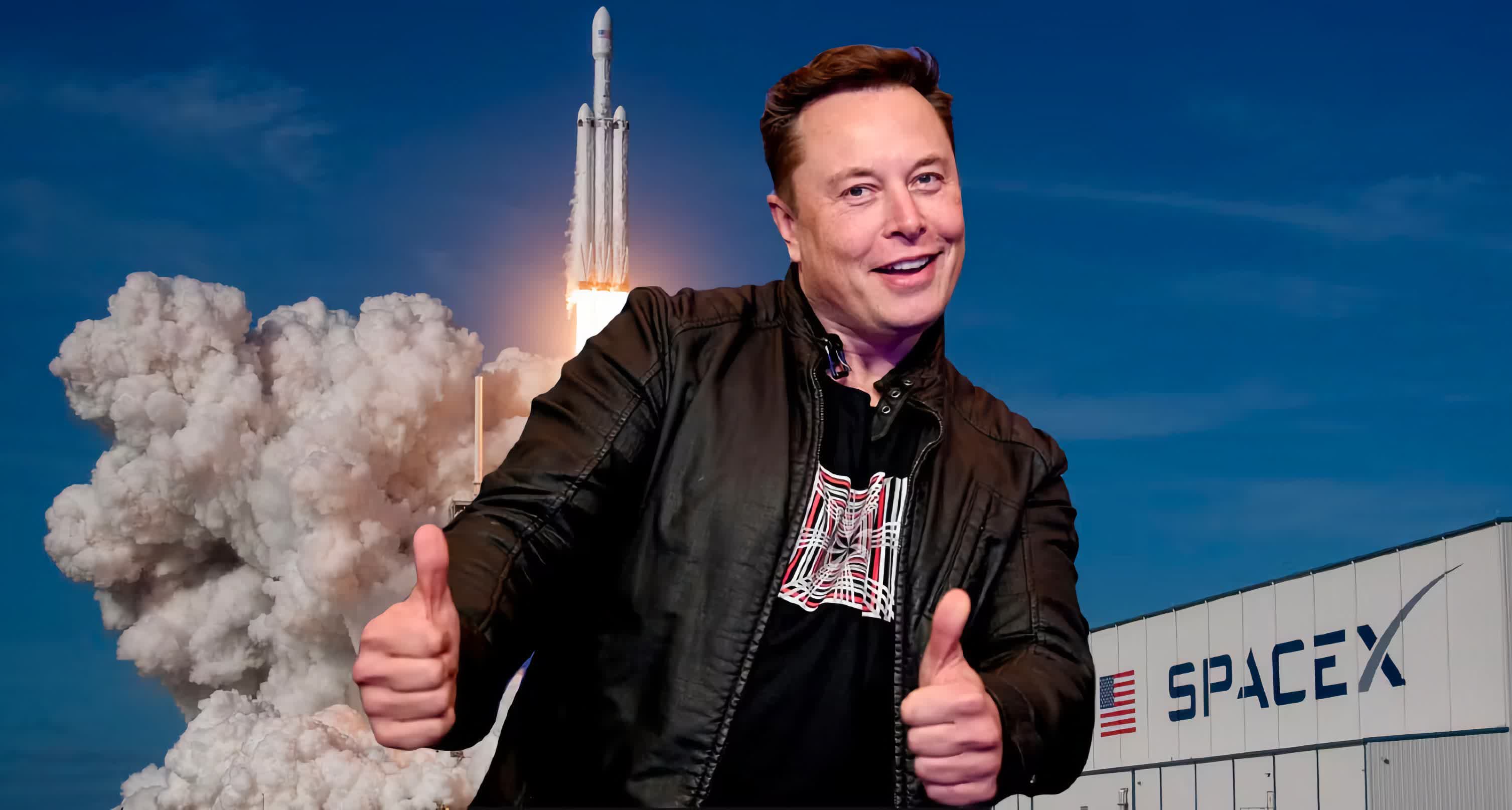A brief explanation why

Elon Musk's ventures have been characterized by their ambitious scope. SpaceX, founded by Musk in 2002, aims to reduce space transportation costs and enable the colonization of Mars. It's seen success with its reusable rockets and is a prominent player in the commercial spaceflight sector.
Neuralink was launched in 2016, the company is developing implantable devices intended to facilitate direct communications between the human brain and computers, which could have profound implications for treating neurological conditions and enhancing human cognition.
Elon Musk is also one of the co-founders of OpenAI, which became mainstream after the success of ChatGPT. He helped establish the company as a non-profit in 2015 along with other prominent individuals like Sam Altman, Ilya Sutskever, Greg Brockman, and Wojciech Zaremba.
Although Musk was connected to SolarCity as a major investor and chairman, he did not actually found the company; it was founded by his cousins Lyndon and Peter Rive. The company specialized in solar energy services before it was acquired by Tesla in 2016.
Musk is also a Tesla co-founder. The carmaker that's become synonymous with the electric vehicle revolution was started by Martin Eberhard and Marc Tarpenning in 2003. Less than a year later, Musk became the company's largest shareholder through a $6.5 million investment, which he used to take over the company and eventually install himself as CEO of Tesla.
Musk's involvement in these companies has varied from being a founder, CEO, chief technology officer, or simply an investor.